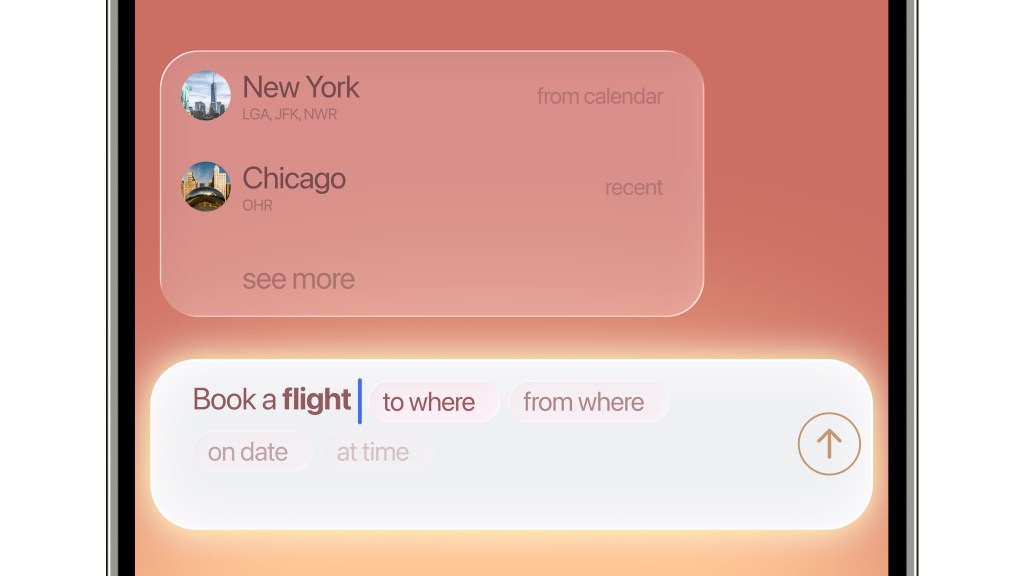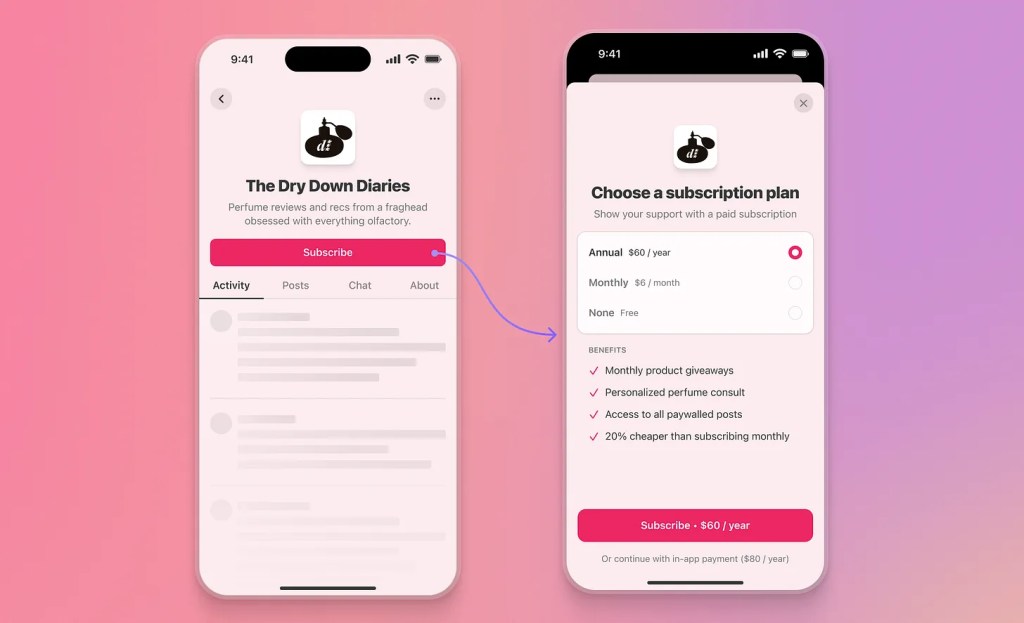Hero’s New SDK Revolutionizes AI Prompt Completion for Enhanced Productivity
In the rapidly evolving landscape of artificial intelligence, crafting precise prompts for AI chatbots has become a significant challenge. This complexity has led to the emergence of specialized roles like prompt engineers, dedicated to optimizing user interactions with AI systems. To address this issue, Hero, a productivity startup founded by former Meta employees, has introduced an innovative solution: an autocompletion Software Development Kit (SDK) designed to streamline the prompt creation process.
Introducing Hero’s Autocompletion SDK
Hero’s newly announced SDK is currently available on an invite-only basis, allowing developers to integrate advanced prompt autocompletion capabilities into their applications. This technology aims to simplify user interactions with AI by predicting and completing prompts based on contextual cues, thereby reducing the effort required from users and enhancing the overall efficiency of AI-driven tasks.
How the SDK Enhances User Experience
Consider the scenario of booking a flight through an AI-powered application. A user might begin by typing Book a flight. Hero’s autocompletion SDK would then proactively suggest and populate essential fields such as:
– Destination (to)
– Departure location (from)
– Travel date (on date)
– Departure time (at time)
– Preferred airline (airline)
– Return date (returning on)
This predictive assistance allows users to complete their requests more swiftly, minimizing the need for multiple interactions and reducing the likelihood of errors.
Applications Beyond Travel
The utility of Hero’s SDK extends beyond travel bookings. In the realm of AI-powered image or video generation, the SDK can assist users by suggesting parameters like:
– Object focus
– Artistic style
– Geographical location
– Landscape orientation
– Camera angle
Such features empower users to generate content more efficiently, catering to both novice users and professionals seeking to expedite their creative processes.
Industry Comparisons and Innovations
Hero’s approach aligns with recent industry trends where companies are integrating AI to enhance user experiences. For instance, Adobe’s Firefly app has introduced a feature that allows users to create soundtracks by entering keywords into specific sections of a prompt, such as mood, style, and purpose. This method simplifies the creative process, enabling users to produce customized tunes with ease.
Technical Insights and Efficiency Gains
Saharsh Vedi, an engineer at Hero who contributed to the development of the autocompletion feature, highlighted the traditional challenges users face when interacting with AI applications. Typically, achieving the desired outcome requires multiple iterations and adjustments. However, with the introduction of the autocomplete feature, users can attain their objectives with significantly fewer prompts, often needing just one.
Brad Kowalk, co-founder of Hero, elaborated on the technical foundation of the SDK. The company employs a series of predictive models to anticipate the user’s next input, effectively streamlining the interaction process. Kowalk emphasized that this innovation not only accelerates task completion—making it up to ten times faster—but also opens up a myriad of new use cases across various sectors, including travel, commerce, advertising, and customer support.
Operational and Economic Benefits
Beyond enhancing user experience, the reduction in message exchanges facilitated by the SDK offers tangible benefits for companies operating at scale. Fewer interactions translate to decreased server load and associated costs, presenting a compelling economic advantage for businesses integrating this technology.
Origins and Development of the SDK
The inception of this technology was influenced by the experiences of Hero’s co-founders, Brad Kowalk and Seung W. Lee, during their tenure at Meta. While working on Augmented Reality (AR) features, they encountered constraints related to screen size, necessitating simplified interfaces for prompt inputs. This experience underscored the need for intuitive and efficient prompt completion mechanisms, ultimately inspiring the development of the autocompletion SDK.
Funding and Future Prospects
Hero’s innovative approach has garnered significant investor interest. Following a successful seed funding round that raised $4 million last year, the company has secured an additional $3 million in funding led by Forerunner Ventures. Kowalk indicated that, depending on the growth trajectory of the app and SDK, Hero plans to pursue a larger funding round in the coming months to further expand its offerings.
Integration and Future Applications
Hero is actively testing a version of this technology within its own app, focusing on features that assist users in scheduling meetings or catching up with friends through autocomplete prompts. This feature is slated for release to users in the near future, promising to enhance personal productivity and social coordination.
Additionally, Hero is in discussions with Koah Labs, an ad tech startup, to develop AI-powered advertisements where brands can appear in autocomplete suggestions. This collaboration aims to revolutionize the advertising landscape by integrating brand interactions seamlessly into user-initiated prompts.
Conclusion
Hero’s autocompletion SDK represents a significant advancement in the realm of AI interactions, offering a solution to the complexities associated with crafting effective prompts. By predicting and completing user inputs based on context, the SDK not only enhances user experience but also provides operational efficiencies for businesses. As Hero continues to innovate and expand its offerings, the potential applications of this technology across various industries appear boundless.



